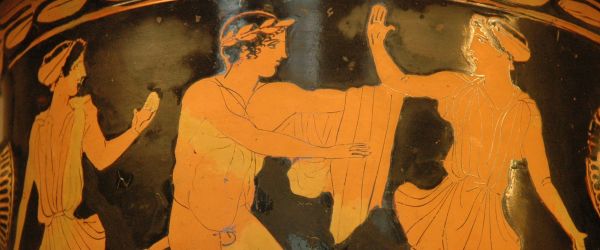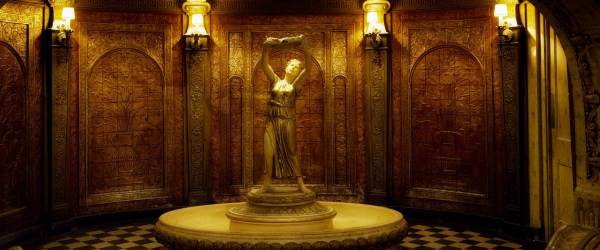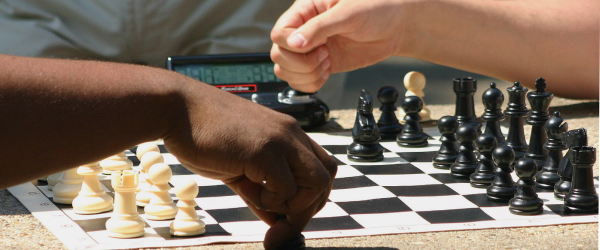
On 22–23 June Institute of Law Studies of the Polish Academy of Sciences and the Society of European Contract Law (SECOLA) organize a conference „European Contract Law and the Creation of Norms”. It brings together leading experts from academic institutions in Europe and beyond, in order to discuss various dimensions of sources of contemporary contract law. The conference will focus, in particular, on the novel ways of creating “regulatory content”, which emerge to a great extent without a direct involvement of a state legislation and pose a substantial challenge to the already existing conceptual and legal framework. The conference will be organized in the Maria Lubomirska-Radziwiłłowa Palace (Warsaw, ulica Długa 26). The registration details are available at the website: http://secola.org/eventfort.htm









